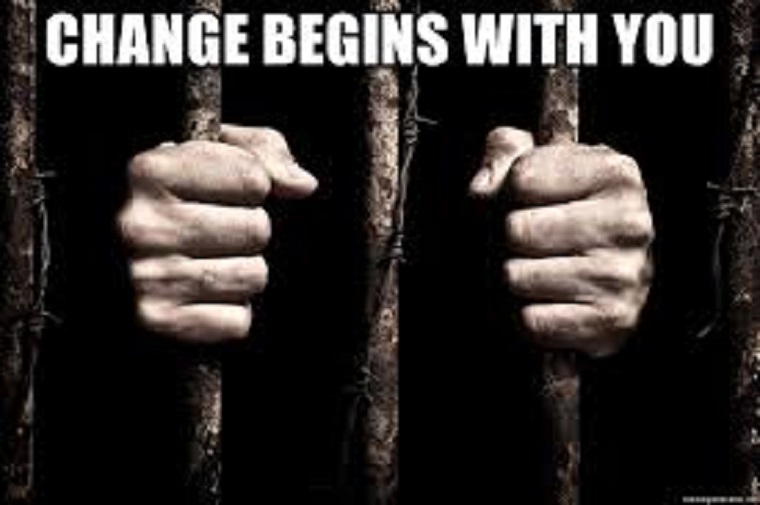 Zimbabwe has been under siege since the beginning of this month when Reserve Bank of Zimbabwe governor John Mangudya announced that people could re-open foreign currency accounts and Finance Minister Mthuli Ncube introduced a two cents per dollar transaction tax.
Zimbabwe has been under siege since the beginning of this month when Reserve Bank of Zimbabwe governor John Mangudya announced that people could re-open foreign currency accounts and Finance Minister Mthuli Ncube introduced a two cents per dollar transaction tax.
Electronic money and bond notes plummeted against the United States dollar though Mangudya had specifically said the currencies will continue to trade at par.
Ncube’s two percent tax was also blamed although it came into effect only two weeks later when the currency had already started recovering before it fell again.
Several, quite plausible reasons were given for the panic that gripped the country. By allowing people to open foreign currency accounts, some argued, Mangudya had effectively declared that the bond note or the real time gross settlement dollar was not at par with the US dollar.
Goods disappeared from supermarket shelves, either through panic buying or owners withdrawing them to wait for the right pricing. People who normally bought enough fuel for one trip at a time started filling up their tanks.
Three people were to blame, and if they were patriotic, they had to step down, some argued. President Emmerson Mnangagwa had to resign because, the economy was clearly showing that he was an illegitimate leader. Yes, he had managed to steal the vote and had been blessed by the Zimbabwe Electoral Commission and the Constitutional Court but he “could not rig the economy”, the argument went.
But one Mnangagwa “apologist” argued that the President, or Mangudya or Ncube were not to blame. The people were to blame because as long as they did not change their mindset, nothing would improve.
The government could abandon the bond note or even introduce the South African rand, but people would still trash it.
Indeed, the mind is a powerful tool that is why people in the advertising industry employ psychologists to work on people’s minds so that they buy goods including those that they do not really need because they do not want to be perceived by society as outcasts.
According to Anthony Iannarino, a sales expert, a negative mindset has infections that will never allow someone to succeed, and this seems to be the case with Zimbabwe at the moment.
One of the infections is pessimism.
“If you only see the negative in things, that is exactly what your life will be. A general belief that the future will not—or cannot—be better than now is self-fulfilling,” he says.
Continued next page
(1057 VIEWS)






0 Comments